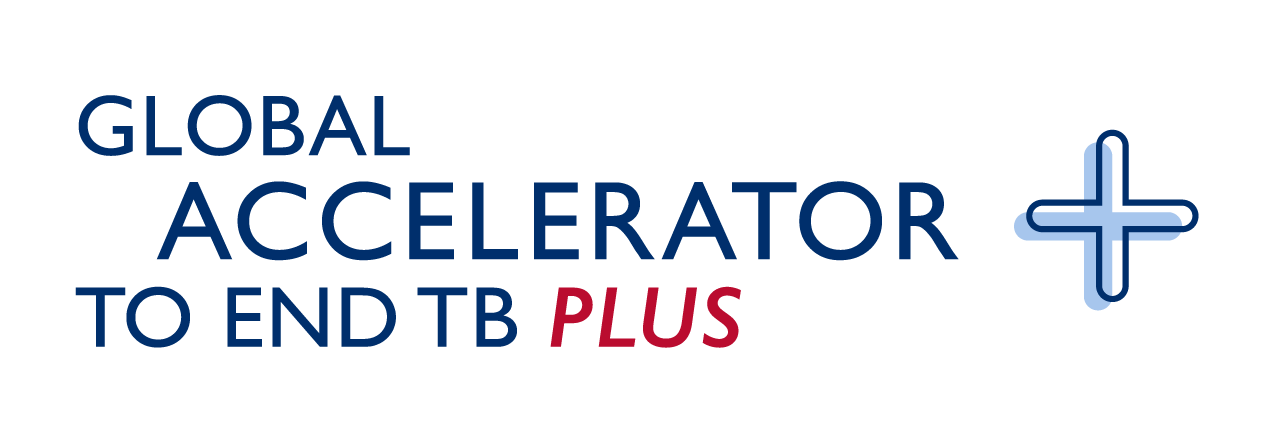
Tuberculosis (TB) remains one of the world’s leading infectious disease killers. Despite being preventable, treatable, and curable, this ancient disease continues to kill more people each year than HIV and malaria combined. In 2022, 10.6 million people contracted TB and 1.3 million lost their lives to the deadly disease. Despite TB's devastating impact, the U.S. Government, through USAID’s TB program, has contributed to saving more than 75 million lives by preventing the further spread of TB through increased access to diagnosis and treatment services.
The United Nations High-Level Meeting on TB provides a unique opportunity to garner commitments from countries with high burdens of TB to achieve the ambitious 2027 targets in the TB Political Declaration, which aligns with the USAID Global TB Strategy. In order to support countries and to leverage additional resources, USAID launched the Global Accelerator to End TB Plus, an enhanced package of interventions that will accelerate the development of strategies to achieve a more accountable, responsible, and inclusive TB response.
The Global Accelerator to End TB Plus package is part of USAID’s FY 2023 $394.5 million appropriated TB funding, and illustrates USAID's steadfast commitment to ending TB globally. It is designed to drive progress in the fight to end TB by 2030, and includes:
Support Wide-scale Interventions to Find TB (SWIF-TB): A program that will provide new funds to up to two USAID Priority TB countries to roll-out new innovations to accelerate progress towards attainment of the new TB HLM targets. This year, up to $15m of new funding will be made available for this program, with additional funding planned in FY 2024, subject to the availability of funds. USAID anticipates selecting countries whose Ministries of Health commit to co-financing these innovations. These funds and activities will use existing USAID mechanisms. The governments in USAID 24 TB priority countries are eligible to submit concept notes in collaboration with the USAID Mission [SUBMISSION PERIOD CLOSED].
All interventions should:
- Amplify existing efforts and achieve significant increases in TB and drug-resistant-TB (DR-TB) notifications and reductions in case detection gaps, demonstrating high attainment of the first 2 90s of the USAID’s Global TB Strategy (2023-2030) results framework and aligned with the new TB HLM targets.
- Implement innovative approaches and tools to increase TB case finding at the community and primary health care levels, such as expanded contact investigation, and integrated screening of TB to also detect other TB co-morbidities, such as lung disease and cardiovascular diseases.
- Significantly increase the number of people diagnosed for TB and DR-TB using the WHO-recommended rapid diagnostics (WRDs)
Increased support to TB programs in conflict settings: USAID will provide increased support to TB programs in conflict settings, especially among the most at-risk populations–with the availability of $8.5 million in additional funds for Ukraine, Afghanistan, and Burma.
BREACH-TB: With the SMART4TB Consortium led by Johns Hopkins, USAID publicly announced the design of a new foundational research clinical trial that will evaluate the efficacy of bedaquiline for rifampin-resistant and drug-susceptible tuberculosis prevention. Once approved and enrolling individuals, the trial will serve as a platform for future studies that will evaluate the efficacy of a long-acting injectable medicine in preventing TB, once it becomes available.
Localization Commitment: As part of USAID’s localization efforts, USAID commits to allocating 60 percent of TB country funding directly to local partners by the end of the United Nations High-Level Meeting period (December 2027). As part of this commitment USAID will strive to have at least 50 percent of USAID TB resources in each country programmed directly to local partners by the end of the same period.
TB Preventive Treatment (TPT) program:
- To advance the prevention of TB globally, USAID and PEPFAR, in collaboration with the Stop TB Partnership’s Global Drug Facility, worked to secure a 30 percent price reduction for a shortened TB prevention regimen, which will procure $25 million in treatments to treat more than 2.5 million individuals. As part of this effort, USAID will launch a donation program for its TB priority countries to apply for the drugs. Learn more here.
- USAID is also initiating a technology transfer of a more efficient way to produce the active pharmaceutical ingredient (API) for rifapentine to a local pharmaceutical manufacturer in Africa.
